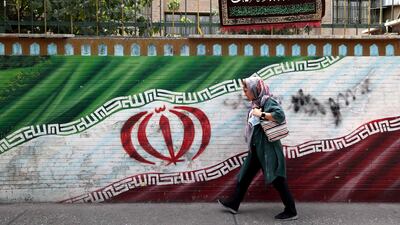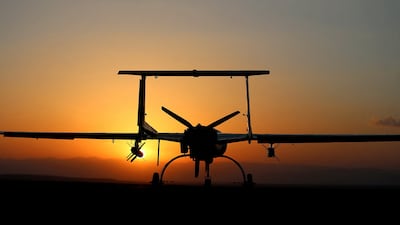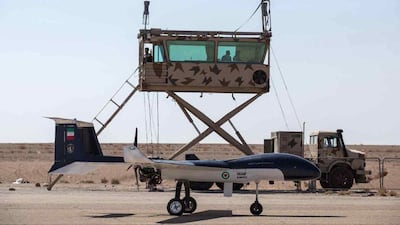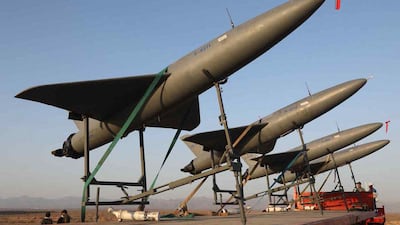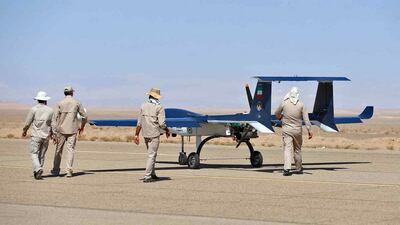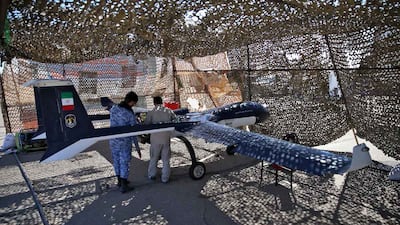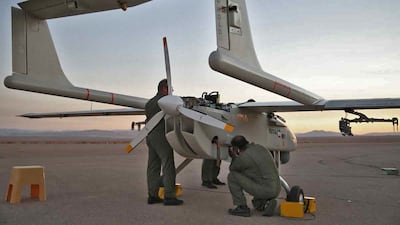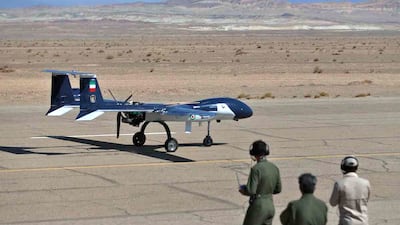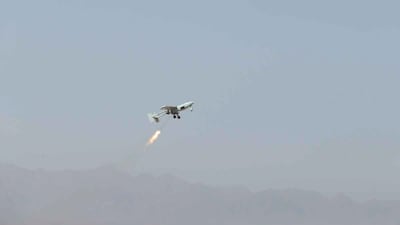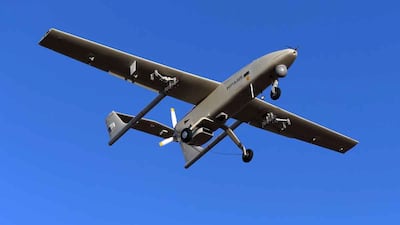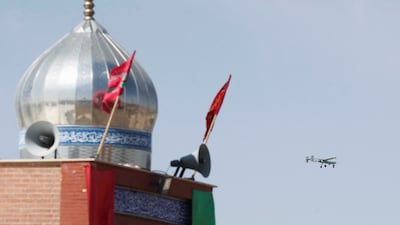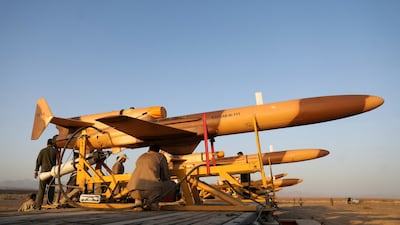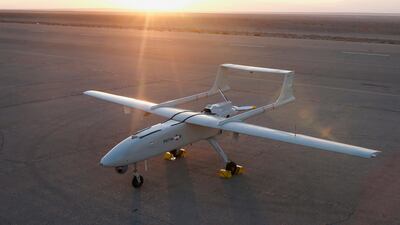The administration of US President Joe Biden submitted its response on Wednesday to Iran regarding the European Union proposal to revive the 2015 nuclear deal.
Here is what we know about the response and status of the talks so far.
Response submitted and delivered
US State Department spokesman Ned Price confirmed that the response has been sent following eight days of internal and external consultations.
“Our review of those comments has now concluded. We have responded to the EU today,” Mr Price said.
Iran has confirmed the receipt of the US response.
“This evening, Iran received the US response through the European Union. The careful review of the response has started in Tehran,” Iranian Foreign Ministry spokesman Nasser Kanaani said.
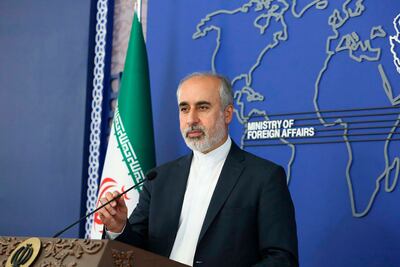
Gaps remain
But the White House acknowledged that gaps remain. In a gaggle with reporters, National Security Council spokesman John Kirby said more work is required.
“We are closer now than we were even just a couple of weeks ago because Iran made the decision to make some concessions … [but] long gaps remain. We're not there yet.”
Mr Kirby was referring to two concessions from Iran: the first entails Tehran dropping its demand to delist the Islamic Revolutionary Guard Corps as a terrorist organisation, while the second involves Iran forgoing its demand that the International Atomic Energy Agency close an investigation into traces of uranium found at three undeclared sites, the Associated Press reported.
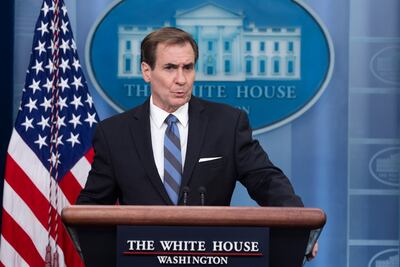
What are some of the remaining gaps?
- The issue of international inspections and safeguards is not completely resolved between the IAEA and Iran.
- The issue of sanctions and to what extent the Biden administration is willing to lift non-JCPOA related penalties on Iran and those tied to IRGC-linked banks.
- Guarantees for Iran that the deal and sanctions relief would still stand if a future US administration were to withdraw from the agreement. Former US president Donald trump withdrew from the deal in 2018 and pursued a “maximum pressure” sanctions campaign against Iran.
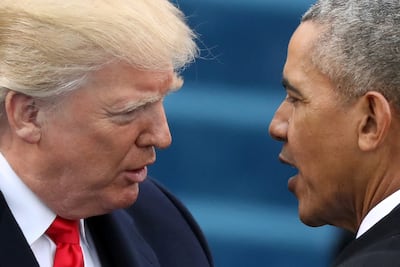
What happens next?
- Negotiations are expected to resume in Vienna between Iran and western powers as they try to reach an agreement on the implementation phase of the deal, AP reported.
- The US will continue consultations with its partners including Israel, which has voiced strong opposition to the deal. Eyal Hulata, Israel's national security adviser, is visiting Washington this week, with Defence Minister Benny Gantz set to arrive on Friday.
